At Nanaimo Community Church, B.C., an art therapy program is blending creativity, community and mental-health support into a unique and accessible therapeutic experience.
The program is led by Hannah Arabsky, an art therapist who also works part time at the Salvation Army thrift store in Nanaimo. “I grew up in an artistic family,” she says. “I studied art at the University of Victoria, where I also minored in psychology. So, it felt natural to go into art therapy.”
MORE THAN JUST ART
Arabsky graduated from the Kutenai Art Therapy Institute in Nelson, B.C., in 2024 after completing her practicum at the corps in Nanaimo, where she now runs the program full time.
She says art therapy is not about creating fine art; it’s about the process of creation and what it reveals about each person who participates.
“It’s a form of psychotherapy,” says Arabsky. “The act of art making, alongside your relationship with the therapist, helps with self-exploration and understanding your emotions and thoughts. It’s about getting what’s inside of you on to the paper or canvas.”
This form of therapy is especially helpful for people who may struggle with verbal expression, including those with diverse abilities, anxiety or depression, or who have experienced trauma.
“Art therapy can feel less intimidating than traditional talk therapy where you sit across from a therapist as they take notes,” says Arabsky. “It’s a great way to build trust and engagement.”
The program is offered once a week for 12-week sessions in the spring, summer and fall. A typical 90-minute session begins with 15 minutes for tea and coffee, followed by a grounding exercise, such as meditation or breath work. Then, there is about an hour of art making, ending with 15 minutes for reflection and group sharing.
“Emotionally, it’s powerful,” says Arabsky. “In a group, we each bring our own experiences, and having other people nod and really see you and understand you—it’s beautiful.”
A PROGRAM FOR EVERYONE
One key aspect of the art therapy program is that it is entirely accessible, withno cost to participants.
Most of the materials used in the program, such as pencils, crayons, canvases, clay and textiles, come from donations or through connections with the Army’s thrift store. Arabsky also enjoys eco-art and encourages using natural materials, such as sticks, feathers and stones, which help people connect to nature in a meaningful and creative way.
Some of the participants in the program are from the church, and others come from the community through Facebook or the corps website. “Art is so universal,” says Arabsky. “It transcends language and cultural barriers. Everybody can relate to it and incorporate it into their lives.”
A SAFE SPACE
The art therapy program addresses a wide range of emotional, social and psychological needs. Many themes come up during the weekly sessions, including grief and loss, anxiety, depression, relationship issues, perfectionism, boundaries and loneliness. Some people are just looking for ways to express themselves creatively or connect with others.
So far, the feedback has been positive, and the groups are always full. “It’s proof of how much people are craving mental health help,” says Arabsky.
“Hannah’s art therapy class is a calming, creative and self-reflective space. It allows us to explore a variety of art techniques while exploring ourselves,” says one participant. “In this class, you feel safe, cared for and encouraged.”
"It's a great way to build trust and engagement." - Hannah Arabsky
Another participant, who has been involved in the art therapy group for two years, has learned a lot about themself through the program. “Hannah is incredibly insightful, and her gentle observations have helped me notice patterns and make adjustments in my life. She has supported my personal growth in a safe way. I’m thrilled to be encouraged to explore my creative side again.”
“Getting to know people over a number of years does leave an impact on you,” says Arabsky. “A few participants have been with me since the beginning of my practicum in early 2023. We’ve built that therapeutic relationship. They feel safe and want to keep coming back.”
CREATIVE EMPOWERMENT
Nanaimo Community Church was excited to launch its first Christian art session this past summer and hopes to host more faith-based sessions in the future, where they can incorporate prayer and worship with art and therapy.
“Art is another way that people can connect with God,” says Arabsky. “It’s holistic and empowering, which is especially important for people who haven’t had a lot of opportunity in life. Through art, we’re able to remind people that they matter and give them tools to face their burdens.”
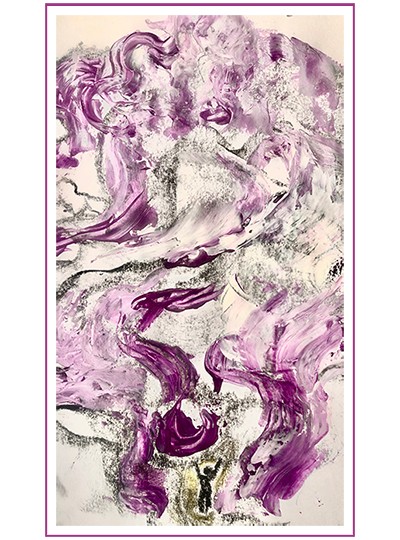
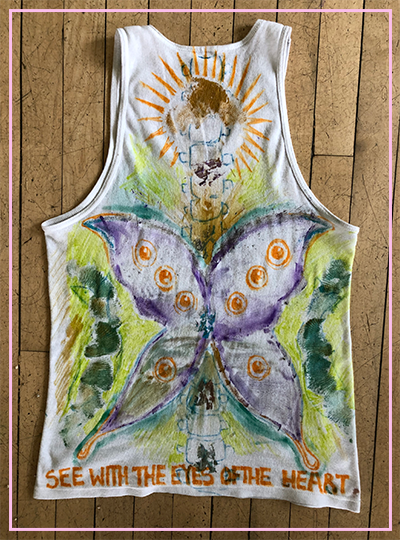
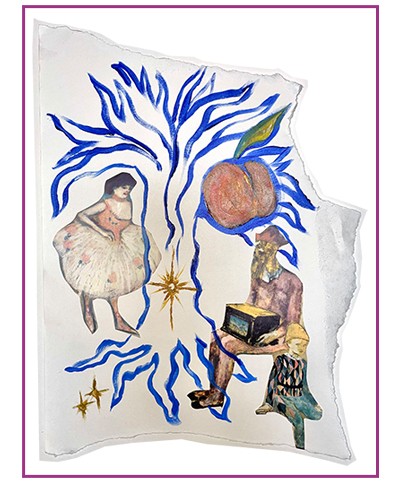
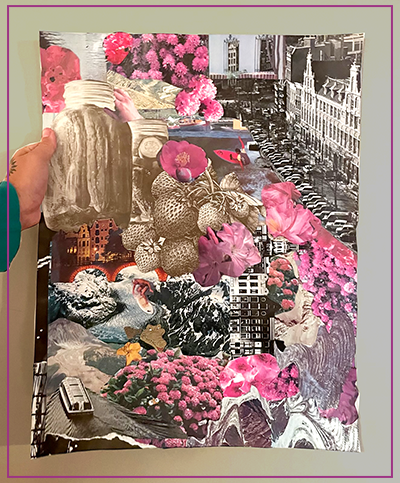
This story is from:




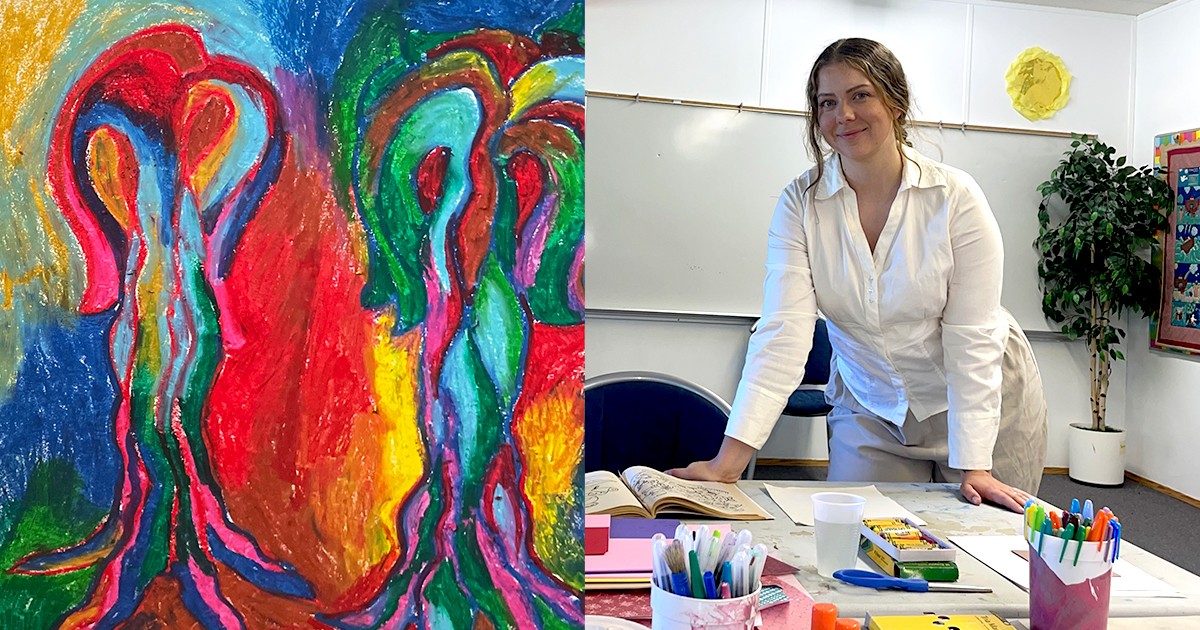





Leave a Comment